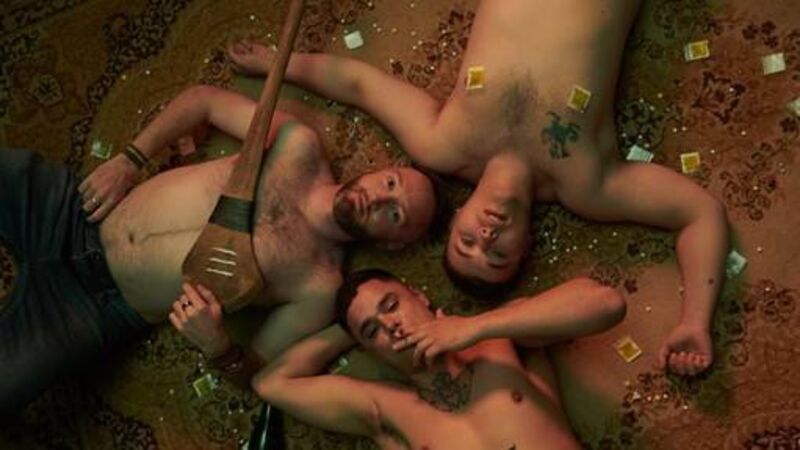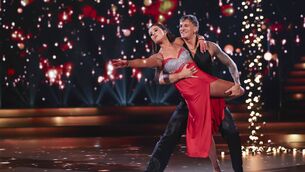Tom Dunne: Here's why Kneecap is already my favourite film of the year

A scene from the Kneecap
Your reaction to Kneecap – my film of the year - will largely depend on when you were born. If you are a “Ceasefire Baby” – born after the Good Friday Agreement – well, I can’t really talk for you. However, if like me, you were born “some time before that” then strap yourself in!





